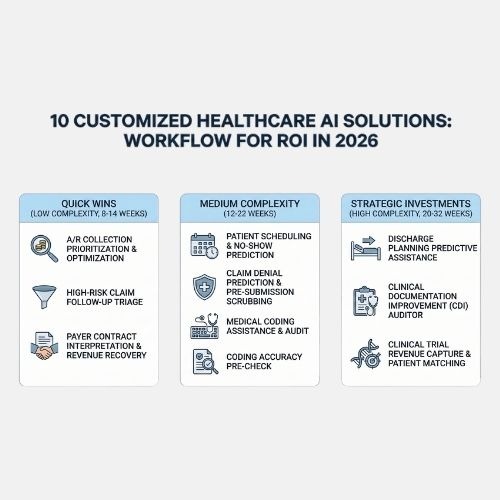For those of you who didn’t have time to stream today’s Apple event, the hour-long infomercial focused primarily on Apple’s heavy-handed push into healthcare and wellness.
“We are clearly witnessing a deepening of human-computer integration,” says Chief Solution Architect Josh Brown, at DS. “As Apple pushes deeper into the healthcare space with its apps and watches, we can expect to see more technology that will attempt to intercept and collect ultra-personal data under the guise of promoting self-awareness.”
As Apple pushes deeper into the healthcare space, we can expect to see more technology that will attempt to intercept and collect ultra-personal data.
The interfaces are trying to replicate the gaming industry’s marketing approach, by using achievement-focused behavioral modification. As a user engages in activities, they level-up in the same way they would level-up their character in a video game. In the tech world, grabbing and holding someone’s attention is the end game. As wearable technology continues to shift and shape our thinking, we can expect that behavioral strategies we’ve learned in the gaming industry will be mapped over and applied in real life with equal success – and a wealth of data. Of course, a perfect example of this is Fitbit.
Granted, health-related data could present valuable information to millions of users as these technologies filter down to even low-end consumer devices. But the danger lies therein. If people begin to rely too heavily on these devices to gain health and performance insights, they may in effect lose the ability to detect their own body signals in the process. Of course, the elephant in the room is how can a user keep their personal health information private. But don’t worry, Tim Cook is listening.



